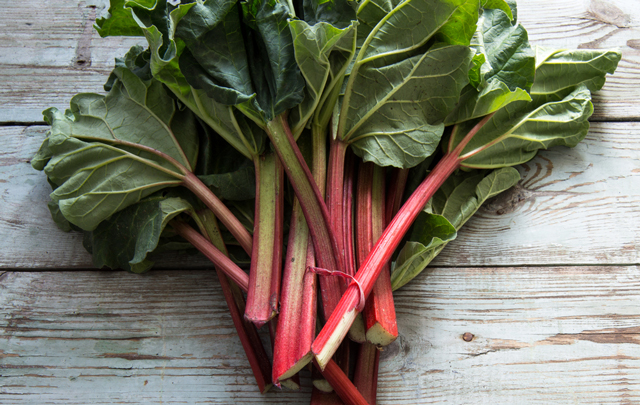Butternut squash offers an excellent way to increase your vitamin C levels
08/16/2018 / By RJ Jhonson

You’ve most likely heard it said a number of times: Squash is a good source of vitamin A. And it is, indeed. A cup of butternut squash is enough to supply almost 300 percent of your body’s needed vitamin A. But what you don’t hear much is how butternut squash can be a good source of vitamin C, yet another nutrient that’s good for your eyes, skin, and overall health.
The butternut squash, Cucurbita moschata, is also known as winter or pumpkin squash. It has a characteristic peanut- or bottle-shaped fruit with rich orange flesh and, like other types of squash, edible seeds. It has one of the longest shelf lives in the squash family, which means you can keep it in your pantry without worrying about it going to waste for quite a while.
As mentioned above, butternut squash contains plenty of vitamin A. It’s sweet, thanks to its rich complex carbohydrate content. In fact, it has a glycemic index rating of 66 compared to glucose reference of 100. But despite its high position in the glycemic index, butternut squash is known to be good for your blood sugar. Its complex carbs slow down the breakdown of carbohydrates into simple sugars, delaying the release of insulin.
Butternut squash also contains minerals like potassium, iron, and magnesium. Its color points to its high concentrations of health-boosting plant pigments like alpha- and beta-carotene, as well as beta-cryptoxanthin, lutein, and zeaxanthin. It is also a good source of omega-3 fatty acids.
The butternut squash as a source of vitamin C
The butternut squash’s vitamin C content is remarkable. It comes second only to vitamin A in terms of concentration per serving. A cup of butternut squash can give you 49 percent of the vitamin C you need every day.
And that’s a good thing because vitamin C has plenty of health benefits, including:
- It’s a potent antioxidant – Vitamin C is one of the many antioxidants that help your body fight free radicals, which can cause severe and chronic diseases like heart conditions and cancer.
- It helps lower the risk of heart disease – Getting adequate amounts of vitamin C has been found to help relax your blood vessels, which lowers your blood pressure. This reduces your risk of developing conditions in your kidneys and your heart. Taking vitamin C lowers your risk of dying from heart disease by as much as 25 percent, according to one study.
- It helps in preventing gout – Gout is more than just a painful joint; it can be indicative of potentially worse problems in your kidneys. Studies indicate that an adequate intake of vitamin C lowers your levels of uric acid, the substance that causes gout to develop.
- It helps in the absorption of iron – Your blood plays a crucial role in your overall health. When your body absorbs iron properly, nutrients and oxygen are transported more efficiently to your different systems. Vitamin C enables your body to use the iron in the food you eat, making it essential for preventing iron deficiency and other conditions that result from a lack of this mineral, such as anemia.
- It boosts your immune system – Apart from protecting your cells from oxidative damage, vitamin C encourages the production of white blood cells and improves their function. White blood cells are specialized cells whose primary function is to protect your body from pathogens like viruses and bacteria.
- It protects your brain – Low levels of vitamin C have been linked to an impaired ability to think and remember details. As a powerful antioxidant, it protects your brain from oxidative damage (the brain is one of the body parts most vulnerable to the effects of free radicals), which makes taking vitamin C an effective defensive measure against neurodegenerative diseases like Alzheimer’s disease.
Learn of the other benefits of eating squash at Veggie.news.
Sources include:
Tagged Under: antioxidant, benefits of vitamin C, brain health, butternut squash, Free radicals, good food, gout, grocery, heart disease, heart health, immunity, nutrients, oxidative stress, prevent disease, vitamin A, vitamin C



















